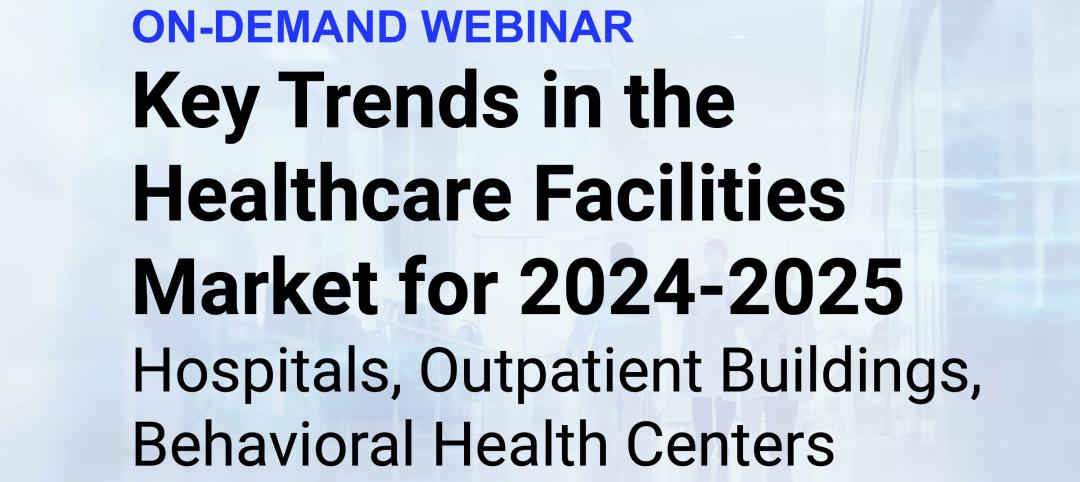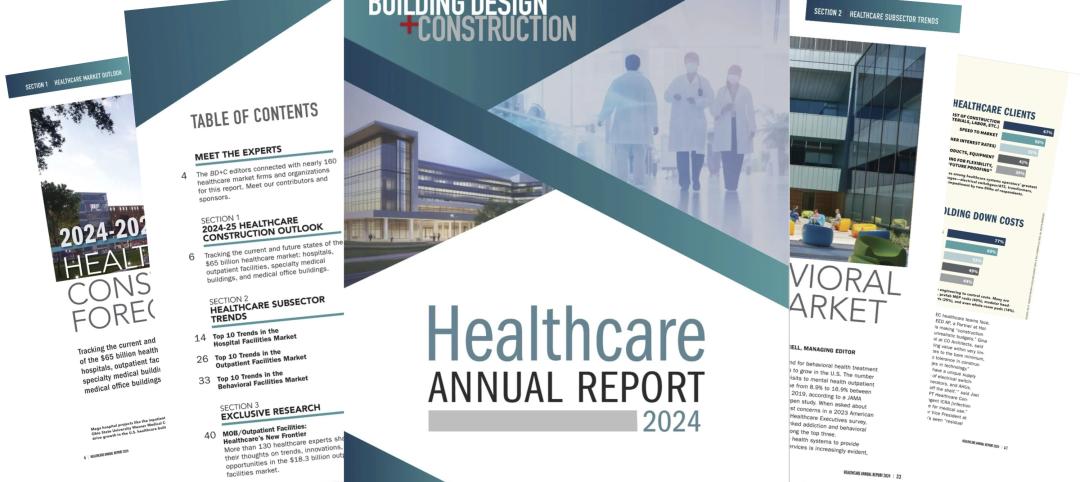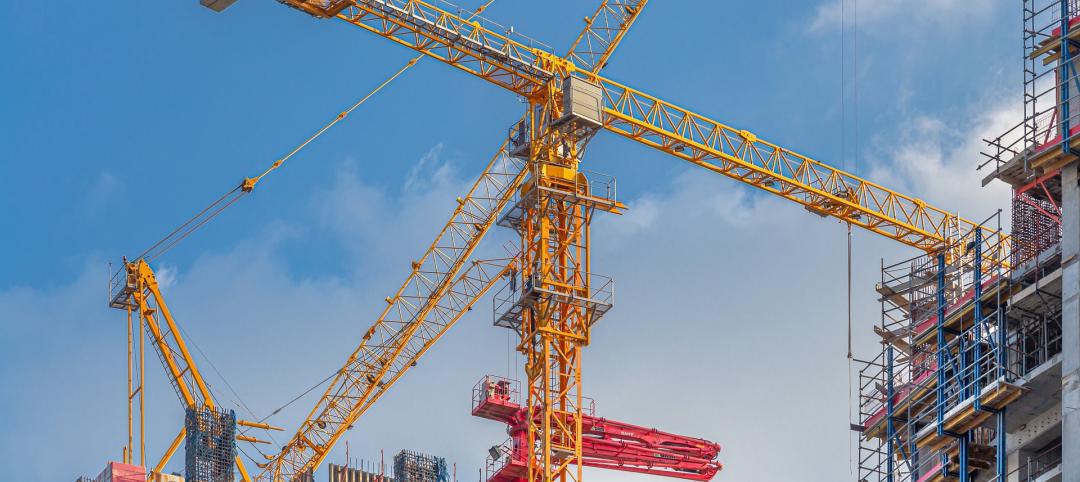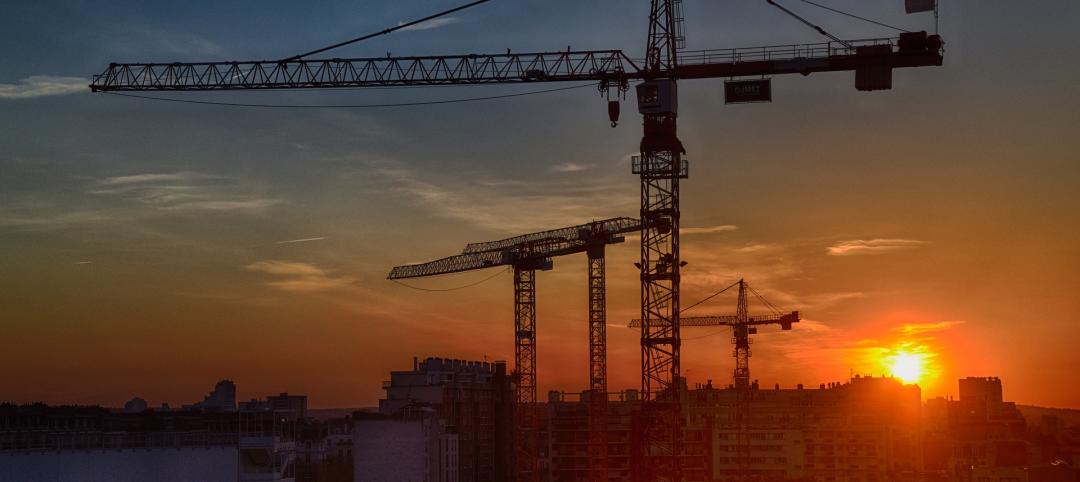A new survey by the American Institute of Architects (AIA) finds that a large majority of Americans (83%) consider public buildings—schools, libraries, community centers, and parks—part of their community’s infrastructure. And, 94% of those surveyed say that having well maintained public buildings are important to the future of their community.
In a key finding for policy makers, 83% of survey respondents agreed that investment in these public buildings is just as important as investment in roads and bridges. The survey also found that seven in 10 Americans want their public buildings renovated, and almost three-quarters of Americans consider public schools in good condition a “must have” in the communities in which they live.
These are some of the major findings of the first-ever AIA survey of American attitudes toward essential community buildings. The survey results, conducted by The Harris Poll, were made public today at the AIA Build America Summit.
Major survey findings:
- More than three in four Americans (78%) think their local government should take some financial responsibility for supporting the investment in their public buildings. Just under two-thirds (61%) think state government should take some financial responsibility. A majority (53%) think that community members should support it, and almost half (46%) believe private entities should also invest.
- A majority of Americans believe that the condition of community buildings can lead to notable benefits, particularly higher property values (60%) and improved quality of education (62%).
- 69% of Americans believe schools are one of the most important buildings to receive a consistent level of public funding.
- On average, Americans feel about one third (34%) of public funds budgeted for community features should be allocated to public buildings and/or spaces. Of the remaining, they would allocate 37% to transportation and 29% to public housing.
- Significant gender differences exist in attitudes toward public buildings and spaces. For example, women are more inclined than men (44% to 34%) to consider public housing options a “must have.” Conversely, older men (44%) place the most emphasis on funding transportation.
- Almost half those surveyed (48%) believe public housing (defined as a combination of senior and affordable housing) is one of the most important community features to receive a consistent level of public funding.
“It is clear from the survey that Americans consider investment in community buildings and spaces a priority,” said AIA CEO Robert Ivy, FAIA. “Not only do they believe that that investment would lead to improvements in property value, education, and public safety, but also serve to attract new businesses and enhance their overall quality of life.”
A copy of the survey results can be found here.
Related Stories
Office Buildings | Jul 22, 2024
U.S. commercial foreclosures increased 48% in June from last year
The commercial building sector continues to be under financial pressure as foreclosures nationwide increased 48% in June compared to June 2023, according to ATTOM, a real estate data analysis firm.
Construction Costs | Jul 18, 2024
Data center construction costs for 2024
Gordian’s data features more than 100 building models, including computer data centers. These localized models allow architects, engineers, and other preconstruction professionals to quickly and accurately create conceptual estimates for future builds. This table shows a five-year view of costs per square foot for one-story computer data centers.
Healthcare Facilities | Jul 16, 2024
Watch on-demand: Key Trends in the Healthcare Facilities Market for 2024-2025
Join the Building Design+Construction editorial team for this on-demand webinar on key trends, innovations, and opportunities in the $65 billion U.S. healthcare buildings market. A panel of healthcare design and construction experts present their latest projects, trends, innovations, opportunities, and data/research on key healthcare facilities sub-sectors. A 2024-2025 U.S. healthcare facilities market outlook is also presented.
Market Data | Jul 16, 2024
Construction spending expected to rise, despite labor and materials snags
In the first half of 2024, construction costs stabilized. And through the remainder of this year, total cost growth is projected to be modest, and matched by an overall increase in construction spending. That prediction can be found in JLL’s 2024 Midyear Construction Update and Reforecast.
Healthcare Facilities | Jul 11, 2024
New download: BD+C's 2024 Healthcare Annual Report
Welcome to Building Design+Construction’s 2024 Healthcare Annual Report. This free 66-page special report is our first-ever “state of the state” update on the $65 billion healthcare construction sector.
Contractors | Jul 9, 2024
The average U.S. contractor has 8.4 months worth of construction work in the pipeline, as of June 2024
Associated Builders and Contractors reported today that its Construction Backlog Indicator increased to 8.4 months in June, according to an ABC member survey conducted June 20 to July 3. The reading is down 0.5 months from June 2023.
Office Buildings | Jul 8, 2024
Office vacancy peak of 22% to 28% forecasted for 2026
The work from home trend will continue to put pressure on the office real estate market, with peak vacancy of between 22% and 28% in 2026, according to a forecast by Moody’s.
Apartments | Jun 25, 2024
10 hardest places to find an apartment in 2024
The challenge of finding an available rental continues to increase for Americans nation-wide. On average, there are eight prospective tenants vying for the same vacant apartment.
Contractors | Jun 12, 2024
The average U.S. contractor has 8.3 months worth of construction work in the pipeline, as of May 2024
Associated Builders and Contractors reported that its Construction Backlog Indicator fell to 8.3 months in May, according to an ABC member survey conducted May 20 to June 4. The reading is down 0.6 months from May 2023.
MFPRO+ News | Jun 11, 2024
Rents rise in multifamily housing for May 2024
Multifamily rents rose for the fourth month in a row, according to the May 2024 National Multifamily Report. Up 0.6% year-over-year, the average U.S. asking rent increased by $6 in May, up to $1,733.
















